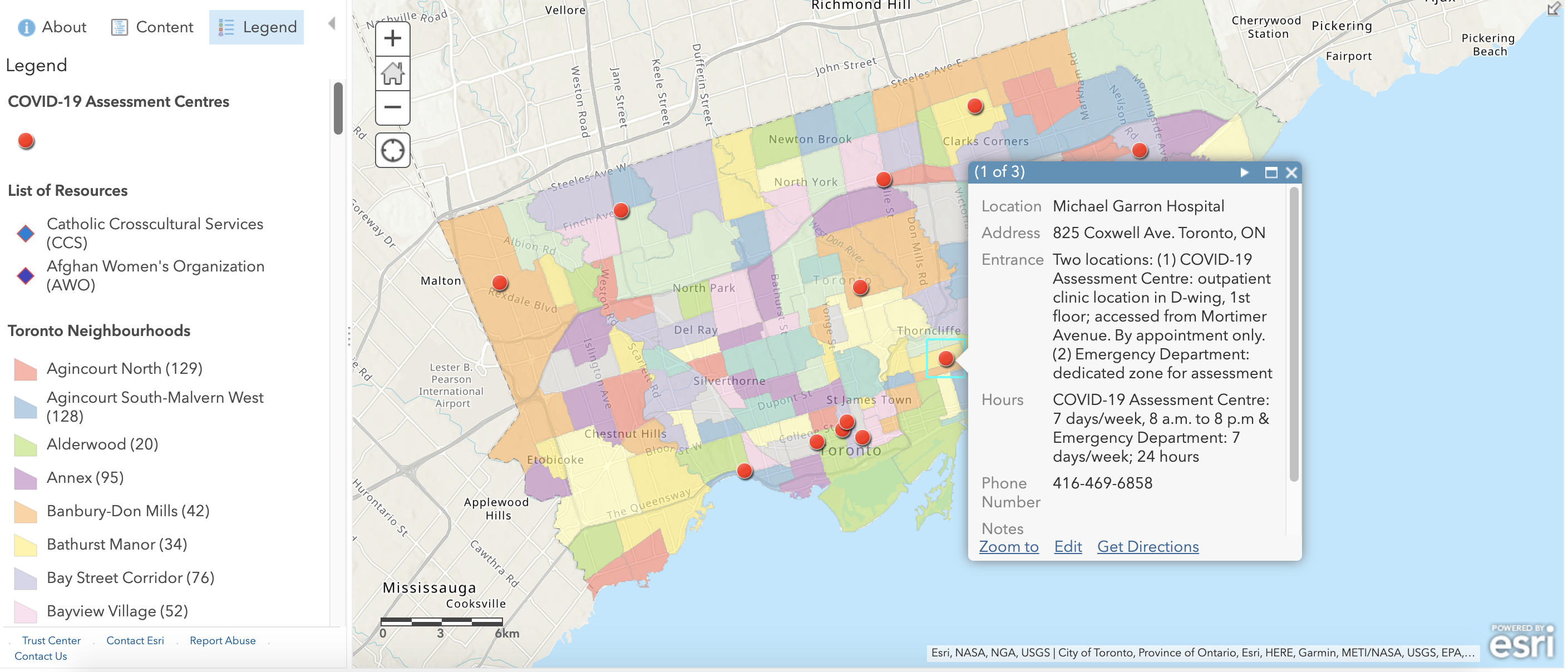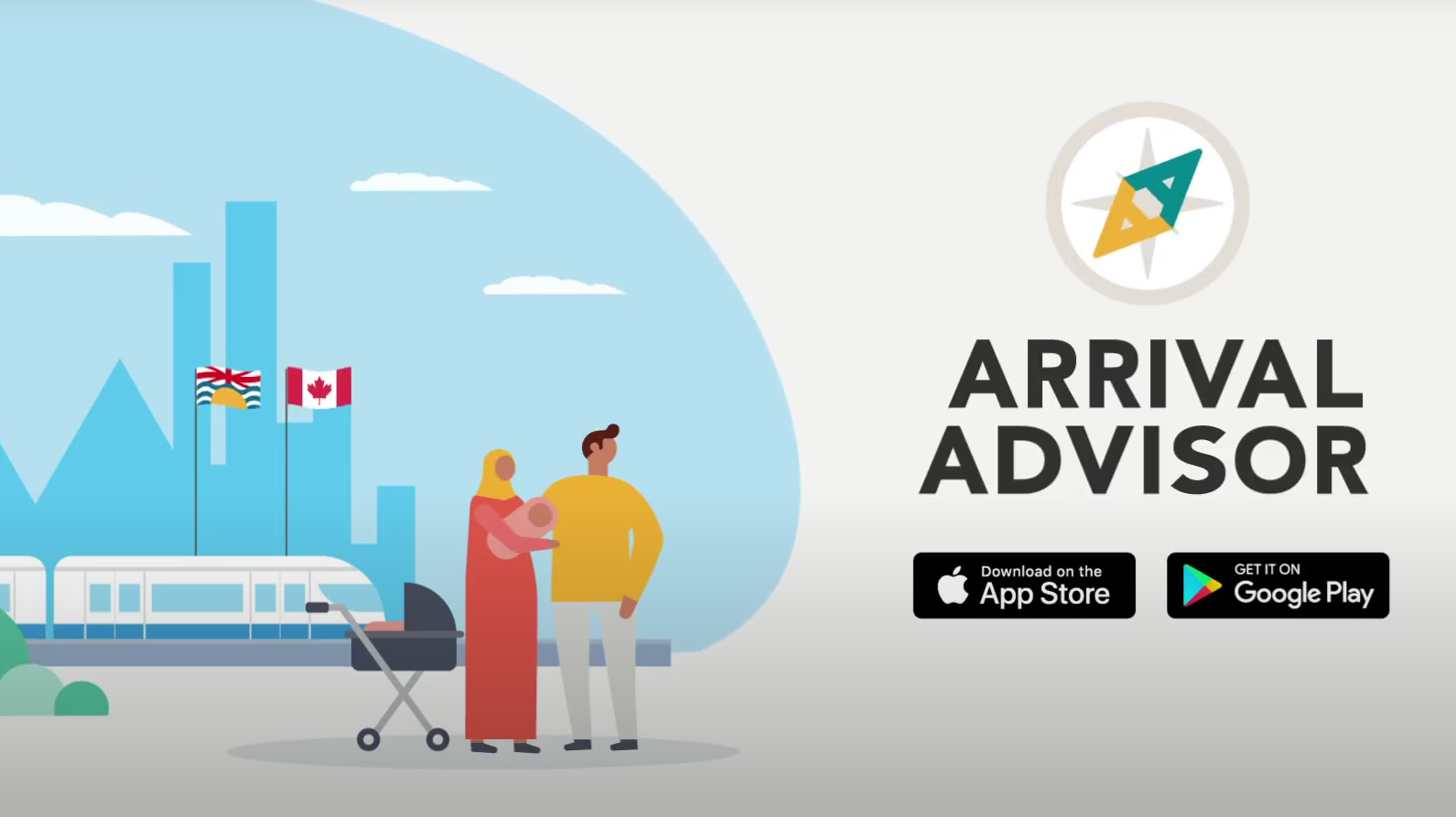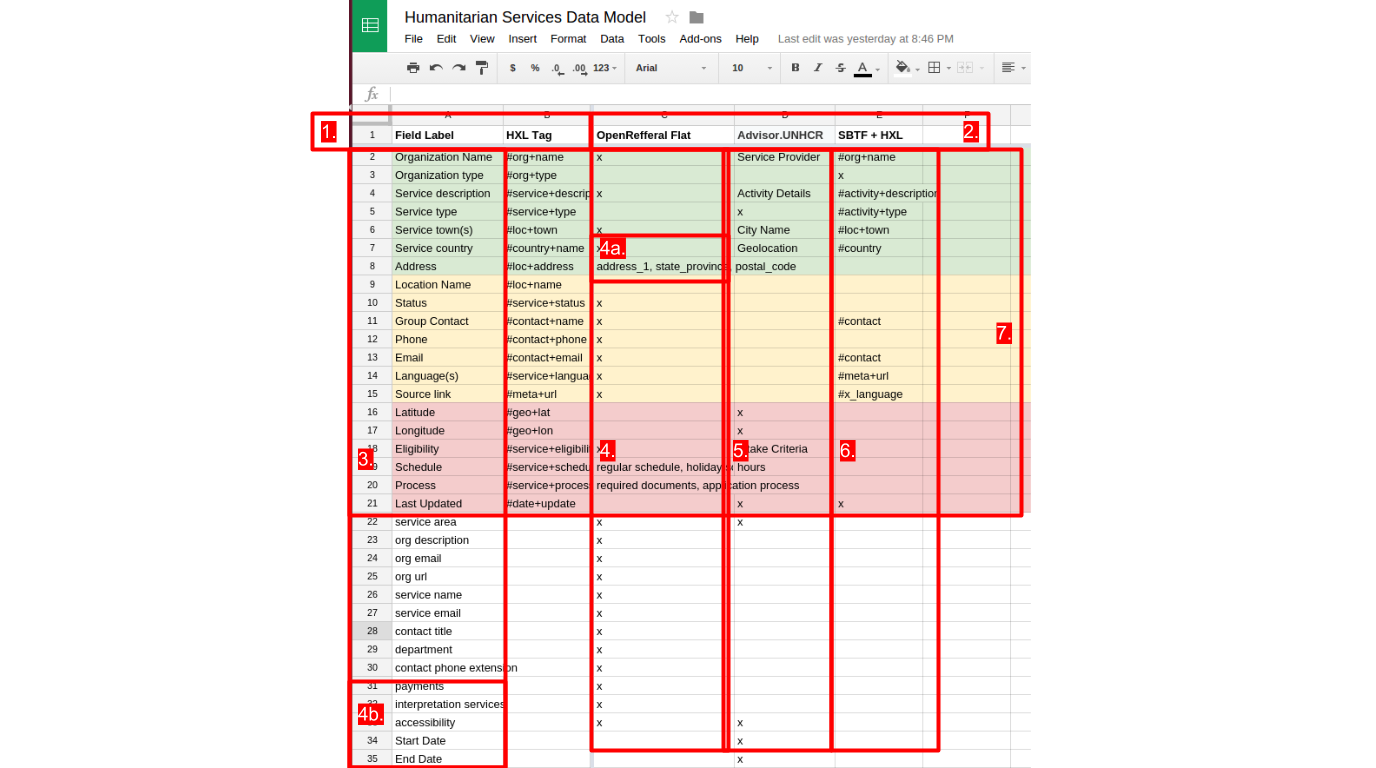Tag: humanitarian
-

Collaboration in crisis: responses to the pandemic across our network
With the world in crisis due to the COVID-19 pandemic, health, human, and social service providers face a harrowing dilemma: need is skyrocketing, even as providers’ ability to actually help is severely compromised. Many institutions have struggled to respond or even closed down entirely – while many new efforts to meet communities’ needs have emerged…
-

Introducing Arrival Advisor, from PeaceGeeks
[This post is from Grady Mitchell for PeaceGeeks. Welcome, Grady!] PeaceGeeks is a nonprofit organization based in Vancouver that builds digital tools to empower communities in the pursuit of peace. Our newest project, Arrival Advisor, is dedicated to making it easier for newcomers to Canada to find and access the services they need to build…
-

Introducing the Humanitarian Service Data Model
Immediately after a disaster, information managers collect information about who is doing what, and where, and then turn this information into “3W Reports.” While some groups have custom software for collecting this information, the most widespread tool for this work is the spreadsheet. (Indeed, the spreadsheet is still the “lingua franca” of the humanitarian aid community, which…
